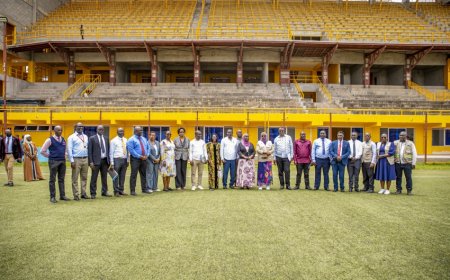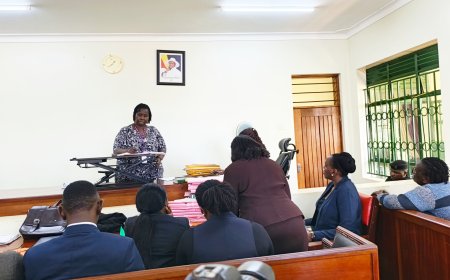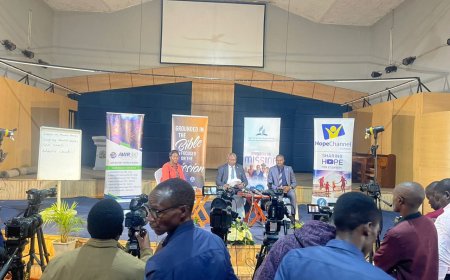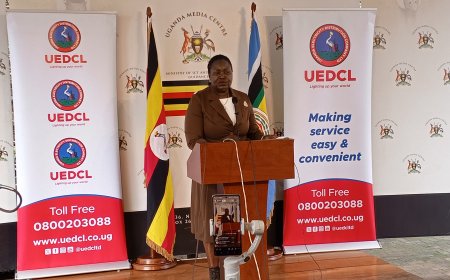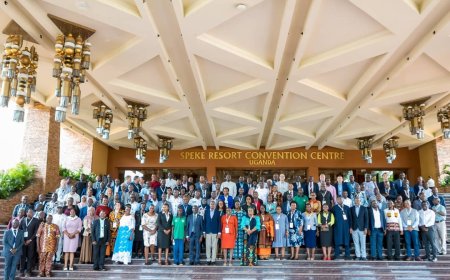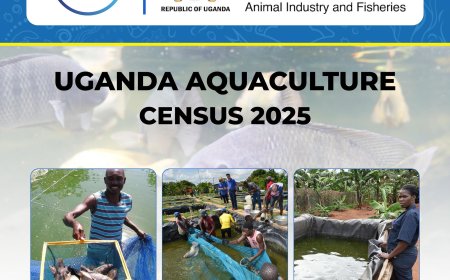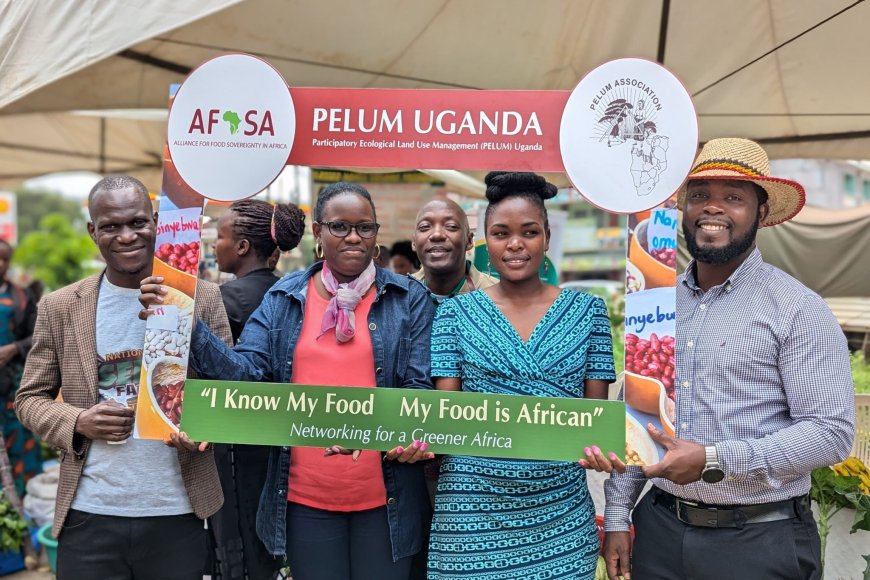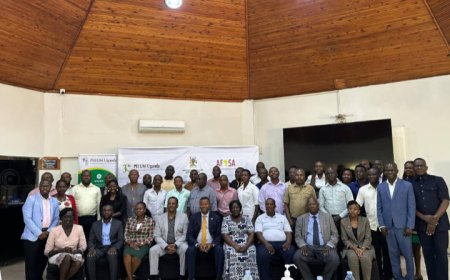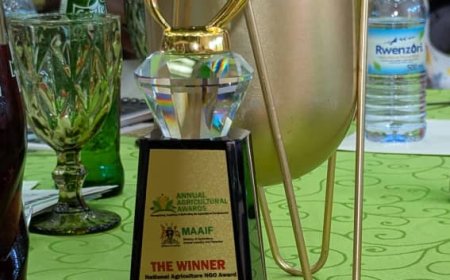COP27: Negotiators Ignoring Third Of Emissions From Industrial Food Systems
COP27 Agriculture & Adaptation Day, 12 November, to announce more support for big agri-business and industrial agriculture.
SHARM EL SHEIKH - COP27, billed as 'Africa's COP', has seen food systems become a hot topic, with four pavilions and nearly 200 events on food and farming. But the official climate negotiations are still paying scant attention to the third of global warming emissions caused by industrial food systems.
AIM4C - In the first ever day dedicated to agriculture and adaptation in a COP (Saturday 12 November), big agri-business and industrial agriculture is set to receive significant support from some governments, in a ministerial on AIM4C. The initiative aims to cluster ongoing projects and entrench an existing industrial logic under the guise of 'climate smart agriculture'. It is dominated by industrial meat and agrochemical interests, and largely tweaks environmentally destructive and fossil-fuelled practices, rather than substantially transforming food systems. A similar scheme is also set to be launched by the Egyptian government and the FAO, Food & Agriculture for Sustainable Transitions Initiative (FAST).
The Koronivia Dialogue - the main UNFCCC forum for addressing agriculture on the side of the negotiations - is struggling to make headway. Truly sustainable farming approaches such as agroecology have been removed from the text. And countries struggle to agree on how they will organise the negotiations and next steps to integrate agriculture into the UN climate agreement.
Simultaneously, climate negotiations are set to further expand carbon markets and carbon offsets into the land sector - risking land competition and people's land tenure rights, highly uncertain carbon removals, and entrenching big agribusiness power.
Meanwhile, small-scale farmers are largely shut out of the main decisions, and struggle to have their demands heard for additional climate finance to build more diverse and resilient food systems better able to withstand the droughts and storms of climate change. Evidence from the IPCC shows diverse agroecological farming working with nature supports food security, livelihoods and biodiversity - and helps to buffer temperature extremes and sequester carbon.
Mamadou Goita, panel expert with IPES-Food and Executive Director of the Institute for Research and Promotion of Alternatives in Development (IRPAD), said:
"The industrial food system is responsible for over 30% of global warming emissions and is highly vulnerable to climate impacts - but it's getting nowhere near 30% of negotiators' attention. Without a rapid transformation to sustainable and resilient food systems, we face temperature rises beyond 1.5C and mass crop failures. But the voices of small-holder farmers, hit first and worst by climate change, are being shut out of Sharm El Sheikh.
Lim Li Ching, panel expert with IPES-Food, and Senior Researcher at Third World Network said:
"AIM4C is the latest in a long line of big agribusiness hijacking climate action in bad faith. Despite a wash of green buzzwords, it's dominated by agri-commercial interests, and continues to prop up a large-scale extractive model of industrial agriculture. It's crowding out the real solutions we need."
Million Belay, coordinator of the Alliance for Food Sovereignty in Africa and panel expert with IPES-Food said:
"The industrial food system is a major culprit driving climate change but is still not being taken seriously by these climate talks. Real solutions like diverse resilient agroecological farming are crucial for farmers to adapt to climate chaos, but they are being sidelined and starved of climate finance. Africa's small-scale farmers impacted by droughts and floods have answers, but they need support, they must not be left to their own fate."















































